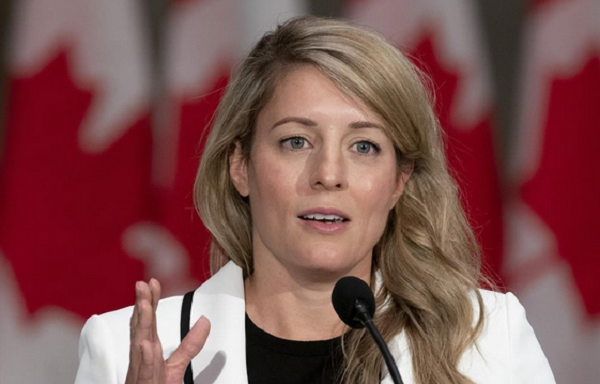Here’s how TTC’S new contract could disrupt the plan to improve bus services
The tentative deal the TTC reached with its largest union last week may have spared the city a transit strike, but it also dealt a serious blow to plans the agency says could improve service for long-suffering suburban bus riders.
As part of the eleventh-hour agreement it struck Thursday with Amalgamated Transit Union Local 113, the union says the TTC has agreed to limit a program that would allow 905 agencies to provide local bus service in Toronto.
The TTC has been pursuing the policy, called cross-boundary service integration, for years, arguing it would lower costs, allow TTC vehicles to be reallocated to high-demand parts of the network, and deliver relief to frustrated Toronto customers who are often forced to wait as half-empty MiWay or York Region Transit vehicles blow by their stops with their doors closed.
But the issue became a major sticking point for the union during contract negotiations that, had they failed, could have led to the first TTC strike since 2008. Local 113 argued that letting outside agencies operate in Toronto would lead to reduced service, and amount to contracting out its members’ jobs. It also charged that agencies from outside the city wouldn’t be accountable to Toronto riders.
“TTC should not be trying to do this,” Local 113 president Marvin Alfred said in an interview Friday, after securing the agreement that would also deliver significant wage increases, and will go to a membership vote June 18.
He said the TTC had pursued the cross-boundary plan for “the short-sighted goal of savings,” but “the citizens of Toronto do not deserve to have to go to other people for accountability for their transit network.”
Antoine Belaieff, former head of transit network integration at Metrolinx, said it would be “disappointing” for the TTC to not fully pursue cross-boundary integration.
Belaieff, who now works for ticketing app FAIRTIQ, said that as the GTA grows increasingly interconnected, more residents have to cross city boundaries to get to work or school, particularly those who have jobs in manufacturing and service industries that can’t be done remotely.
The TTC has said integration would particularly improve transit service in Neighbourhood Improvement Areas along Toronto’s border.
“The best practice would be that you can travel where you want to travel, without being impeded by municipal boundaries,” Belaieff said, noting that the Ontario government has taken steps by integrating fares across the region. Not proceeding with the TTC plan would remove a “tool in the tool box to provide this effective, seamless cross-boundary services.”
According to a 2022 TTC report, agencies from elsewhere in the GTA operate about 50 bus routes within Toronto, along 24 corridors. Inbound 905 vehicles can drop off customers in Toronto and outbound ones can pick riders up, but they otherwise operate on a “closed door” basis within the city.
The TTC had hoped to eventually allow “open door” service along all 24 cross-boundary corridors. To do so it has been consulting partners in Mississauga, York, Durham and Brampton, and in 2022 even secured a provincial legislative change necessary to advance the plan.
Under the proposal, MiWay or YRT would become the sole operator on some routes, but on most, 905 agencies would complement the TTC. Service would increase on most routes, and the 2022 report estimated integration would improve service frequency for about 34 million trips a year based on pre-COVID ridership. It could also save the agency up to $5.2 million annually.
But Local 113 has told its members that under the terms of its tentative three-year deal “cross-boundary expansion has been stopped,” except for a pilot previously approved by an arbitrator on four routes: 50 Burnhamthorpe, 105 Dufferin North, 49 Bloor West and 25 Don Mills.
If the new contract is approved, the pilot would still go ahead, but neither the TTC nor the union would confirm its scope or timeline this week. As long as the contract provision remains in place, the future of the pilot is uncertain, and it would be unlikely to pave the way for greater integration GTA-wide.
Coun. Josh Matlow (Ward 12, Toronto—St. Paul’s), who sits on the TTC board, said there’s no dispute that further service integration would help residents who need to cross city borders, but “how it’s implemented is important.” He argued that the TTC should be investing in its routes instead of trying to supplement them with other agencies.
“Only the TTC is accountable to the residents of Toronto. Our city’s local service should be enhanced, rather than be reduced or replaced by another municipality’s transit system.”
This article was first reported by The Star












